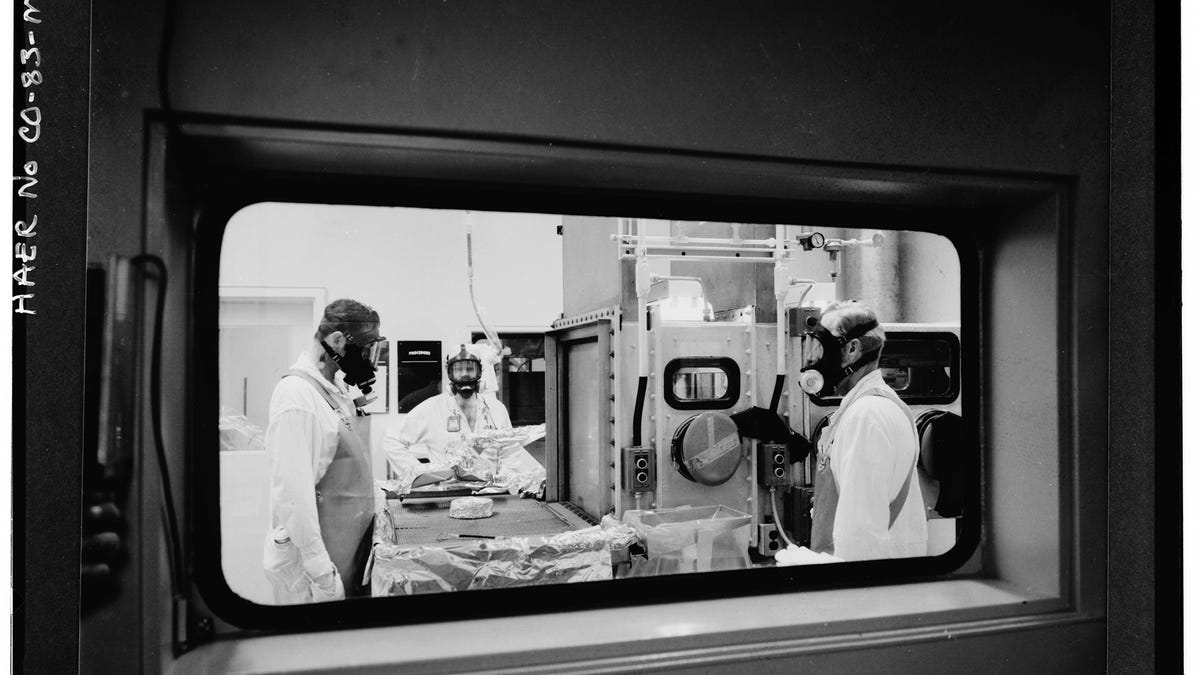Testifying to a Senate committee, National Nuclear Security Administration leaders acknowledged staffing woes after DOGE-led reductions.
Explaining the NNSA, latest agency hit by DOGE cuts
The NNSA within the Department of Energy is tasked with ensuring the nation’s nuclear arsenal is safe and secure, but it isn’t safe from DOGE cuts.
- During May 20 testimony, top acting officials from the National Nuclear Security Administration acknowledged the risk and impact of workforce vacancies caused by Elon Musk’s DOGE.
- A USA TODAY investigation published May 18 detailed the potential impact of endemic federal staffing shortages at NNSA recently exacerbated by the Trump administration’s cuts to the federal workforce.
WASHINGTON − Top leaders of the agency responsible for the U.S. nuclear weapons stockpile admitted to DOGE-related staffing challenges at a Senate hearing.
Asked by Sen. Angus King, I-Maine, if a hiring freeze, resignations and attrition could bring “some pretty important vacancies,” acting National Nuclear Security Agency defense programs head David Hoagland said, “That’s very true.” Hoagland said at the May 20 hearing that his office had “shifted people around” to meet “critical needs.”
Hundreds of NNSA staff were fired by Elon Musk’s Department of Government Efficiency earlier this year, amid a $1.7 trillion nuclear weapons upgrade, in a chaotic wave of layoffs. Most were later rehired. Other critical staffers agreed to leave their jobs under DOGE’s “fork in the road” resignation offer.
King said NNSA claims that staffing shortages hadn’t placed agency’s mission at short term risk “strikes me as implausible.”
The NNSA struggled with staffing and talent pipeline issues for decades before the new Trump administration, a recent USA TODAY investigation found. Then Musk launched efforts to reduce the federal workforce, which further destabilized the NNSA workforce, experts said.
The agency currently faces a near-total hiring freeze and lost more than 130 of its 2,000 federal employees to the DOGE deferred resignation program. More than 300 more employees were fired and reinstated in February damaging morale.
NNSA’s acting principal deputy administrator, James McConnell, said told senators on a subcommittee of the Armed Services Committee the agency could handle the losses “in the short term,” but he said the NNSA needs to “make sure that our resources are adequate.”
Experts told USA TODAY sustained staffing shortages could cause further delays and cost overruns on the agency’s beleaguered portions of the nation’s broader $1.7 trillion nuclear arsenal modernization effort. USA TODAY documented billions of dollars in overruns, as well as safety issues, at NNSA facilities that were attributed to staffing shortages.
Marv Adams, Hoagland’s Senate-confirmed predecessor atop NNSA’s defense programs, said in an interview that during his tenure, “our federal [warhead] program offices struggled to keep up and not get behind because of understaffing.”
The agency’s field offices faced similar strain, according to David Bowman, a retired civil servant and former manager of the NNSA’s Nevada Field Office. From 2020 until his retirement in the fall of 2024, Bowman oversaw operations at the expansive Nevada National Security Site.
NNSA field offices must review and approve much of the work the agency’s massive contractor workforce does on the nuclear arsenal, as well as safety management plans. In an interview, Bowman said such review “requires … technical experts who are feds.”
“If the field offices or the safety experts are short staffed, the work is going to back up,” he said.
Bowman described finding qualified staff for his far-flung office northwest of Las Vegas as “the big challenge we had.”
Contributing: Cybele Mayes-Osterman, USA TODAY
If you’re a current or former NNSA employee willing to inform USA TODAY’s coverage of the agency, please contact Davis Winkie via email at [email protected] or via the Signal encrypted messaging app at 770-539-3257. Davis Winkie’s role covering nuclear threats and national security at USA TODAY is supported by a partnership with Outrider Foundation and Journalism Funding Partners. Funders do not provide editorial input.
